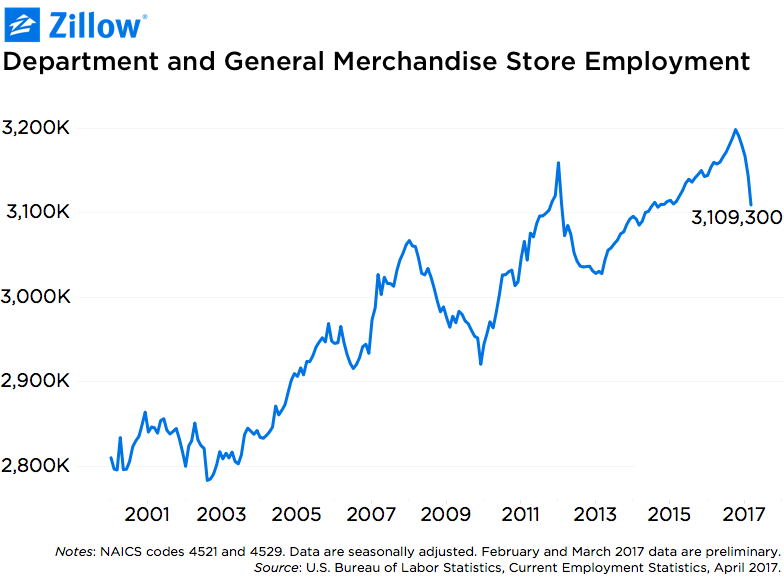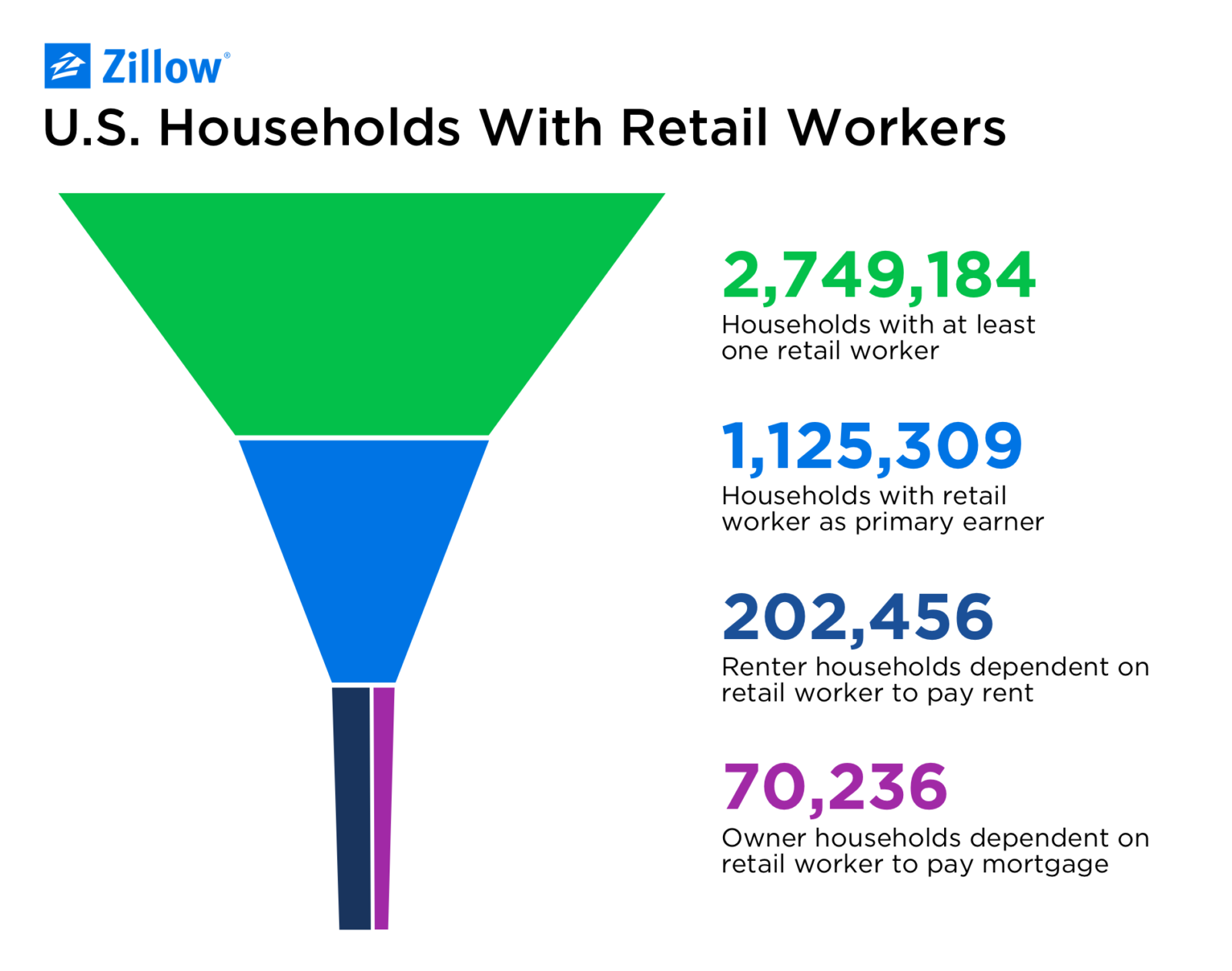While the foreclosure process is not an ideal situation for the home’s previous owners, it can be a way to find a home at a much lower price than you would find in a traditional sale. Investors love to buy foreclosures.
However, with the opportunity for reward, there is also a risk. In this blog post, we’ll let you know what to expect when buying foreclosures in Orlando!
While the number of foreclosures has leveled off a bit, there are still many to be found all across the country. More and more people have caught the investing bug thanks to increased media coverage on channels like HGTV. But before you go diving into foreclosure investing, there are a few things you should know. Our economy has business cycles and when the cycle slows down people will be downsized. Home prices cannot rise forever.
You Are Buying As-Is
When a homeowner falls into foreclosure, they often fall behind on performing routine maintenance and repairs. A home that is not properly maintained can quickly start to show signs of wear and tear. And sadly, sometimes foreclosed homes can be vandalized by either the previous homeowner or by people who know the house is vacant.
It is very rare that you will be able to negotiate repairs into your purchase price. There are 203K loans that have funding for the repairs needed on foreclosed homes. Banks know that there is a high demand for foreclosed properties, so they aren’t always priced at the “rock bottom” prices some people expect. Just because it is a foreclosure, does not mean you are getting a good deal. Have an inspection done, and don’t let repair costs negate your “savings.”
Financing Can Be A Challenge
 A bank isn’t likely to see a home with broken windows, ripped out appliances, damaged flooring and a leaky roof as a sound investment, no matter how low the owning bank has priced the home.
A bank isn’t likely to see a home with broken windows, ripped out appliances, damaged flooring and a leaky roof as a sound investment, no matter how low the owning bank has priced the home.
Most lenders have conditions the property must meet before they will give you a dime. Before making an offer on a home, you will want to get pre-approved or be paying in cash.
Sometimes banks will favor cash buyers as a cash buyer provides certainty, whereas accepting an offer that is being financed is more of a risk for them.
There Is Competition Everywhere
In every market, you will find seasoned investors that have been purchasing foreclosed homes. They will have the process down pat and be ready to make an offer the minute a good deal becomes available.
You have to know when to walk away from a property and also when to put in an offer immediately, as hesitation could cost you big time.
Working with a professional who understands the foreclosure process can help you put together an offer that will be well received by the bank. Eugene Hoffman is always here to answer any questions you may have about the foreclosure process.
Costs Upfront
You might think that buying a foreclosure will save you a ton of money. And while this could be correct, you also have to prepare yourself for out of pocket costs you will need to pay up front.
A home that has been foreclosed on is likely to be ill maintained, meaning it could have fallen victim to vandalism, theft and be in need of some major repairs.
You will want to have a professional inspection done, which you will need to pay for yourself. You can consider adding in a contingency to your offer, which will allow you to revoke it should the home not pass inspections.
However many banks won’t agree to this and will move on to the next offer.
In addition, if the utilities are off, you will be asked to pay the cost of turning them on for inspection. It’s hard to check for leaky pipes if the water has been shut off for months.
You will also want to make sure the home is free and clear of any liens. Hiring a professional to run a title search can save you a lot of money down the line.

 If you are moving across town, or even across the state, doing the move by yourself might be the way to go. However the further you go, the more logistics become involved.
If you are moving across town, or even across the state, doing the move by yourself might be the way to go. However the further you go, the more logistics become involved. If you are in the market to buy a home for yourself or your family, and you want to find the best opportunities, you will want to work with a licensed realtor. They can help you to work with the bank, set your terms and navigate the process of purchasing foreclosed properties.
If you are in the market to buy a home for yourself or your family, and you want to find the best opportunities, you will want to work with a licensed realtor. They can help you to work with the bank, set your terms and navigate the process of purchasing foreclosed properties.

 There are many clever tricks you can utilize to pack your possessions efficiently. If it makes sense in your situation, wrap up your clothes in dresser drawers. Don’t leave any loose space in boxes. Pack items within each other. For example, put your silverware inside your Tupperware. Wrap linens and towels up in black trash bags, and use them to pad boxes. It might not be glamorous, but it is a great way to be efficient, and efficiency is key when preparing for a big move.
There are many clever tricks you can utilize to pack your possessions efficiently. If it makes sense in your situation, wrap up your clothes in dresser drawers. Don’t leave any loose space in boxes. Pack items within each other. For example, put your silverware inside your Tupperware. Wrap linens and towels up in black trash bags, and use them to pad boxes. It might not be glamorous, but it is a great way to be efficient, and efficiency is key when preparing for a big move.